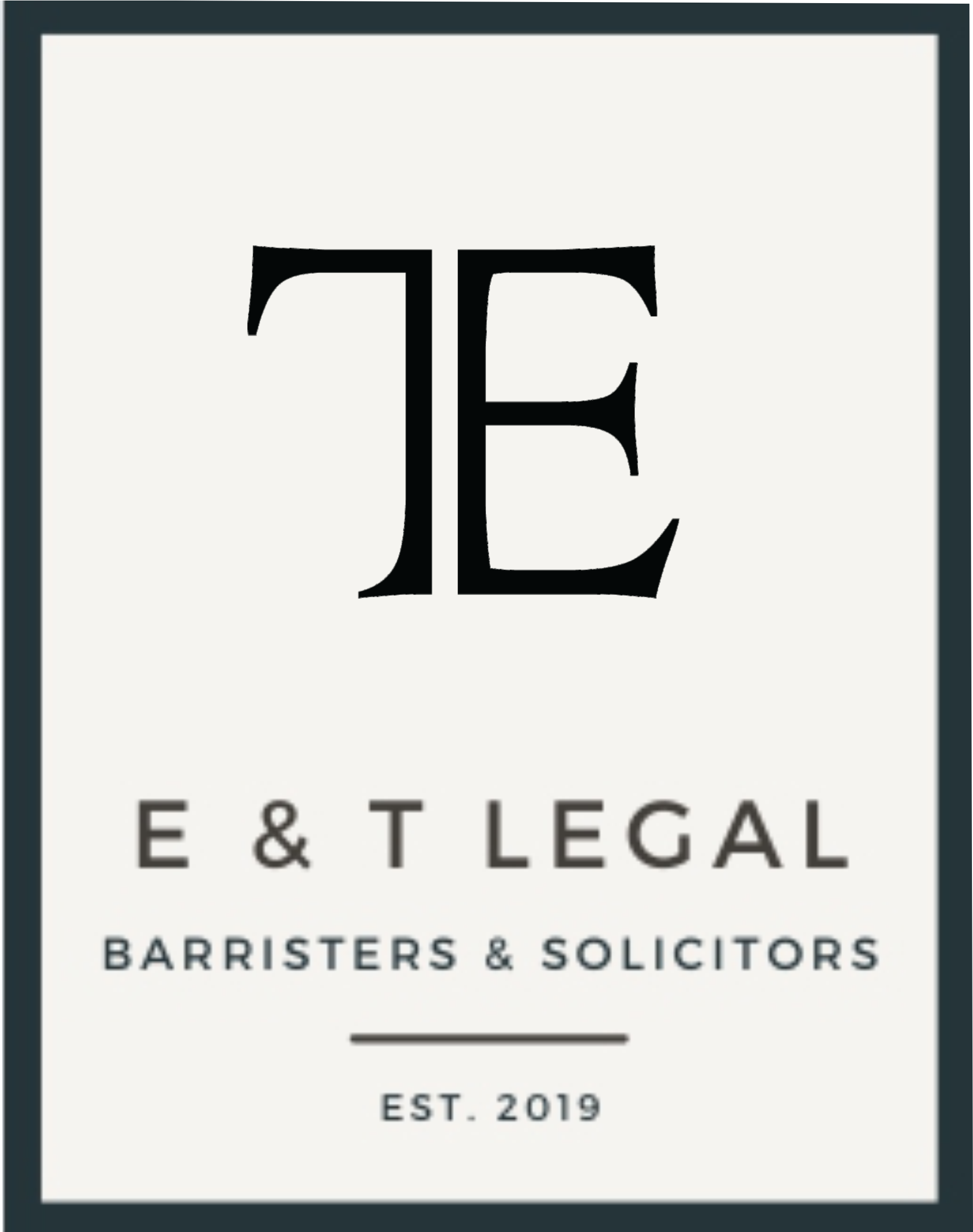Divorce is simply not an enjoyable experience for anyone involved. Knowing the basic process and having some resources to help you navigate your divorce will assist in ensuring that it goes as smooth as possible. These basics include a brief overview of the requirements under Canada’s Divorce Act, necessary filing and suggestions for non-legal help. Canada’s Divorce Act Under the Divorce Act a divorce may be granted by a court on the ground that there has been a “breakdown of marriage”. A breakdown of marriage has occurred if:
1. You and your spouse have lived separate and apart for at least one year; or
2. Your spouse has committed adultery; or
3. Your spouse has treated you with physical or mental cruelty that renders cohabitation intolerable.
Starting a Divorce Proceeding
The formal divorce process begins when you or your spouse files a Statement of Claim for Divorce. When filing for divorce, at least one party must be a resident in the jurisdiction in which you are filing. For example, if you were filing for divorce here in Alberta, either you, or your spouse must be a resident of Alberta.
If you are on the receiving end of a claim for divorce, you may respond by:
1. Agreeing with the claim and filing a Demand of Notice,
2. Agreeing or disagreeing with the claim and filing a Statement of Defence, or
3. Disagreeing with the claim and filing a Counterclaim.
The difference between options 2 and 3 is that, a Statement of Defence merely responds to the agreement set out in the Statement of Claim, whereas a Counterclaim proposes a separate agreement with respect to things like child support, spousal support, and the division of property. E&T Legal can help you decide which option is best for you.
When accessing the forms provided on albertacourts.ca you will notice that they reference something called an “uncontested divorce”. An uncontested divorce is one in which an agreement with respect to the parenting of any children, child support, spousal support and the division of property has already been reached.
Non-Legal Assistance
Divorces disrupt family life in a number of different ways and lawyers cannot help with all of them. In order to ensure that you and your family are getting all of the help that you need, you may consider obtaining help from counsellors, psychologists and parenting coordinators if you have children. Divorce is an emotionally challenging experience and there is no shame in asking for help.
E&T Legal is Here to Help
If you need help navigating a legal matter, do not hesitate to call E&T Legal. As a full service law firm in Calgary Alberta, E&T legal is able to help you with a wide range of legal issues including family, immigration, real estate, criminal, employment, estate planning, probate, and personal injury.
Get the process started by contacting our office here.
Follow E&T Legal on Facebook and Instagram for regular updates on the law and the impact of COVID-19.

